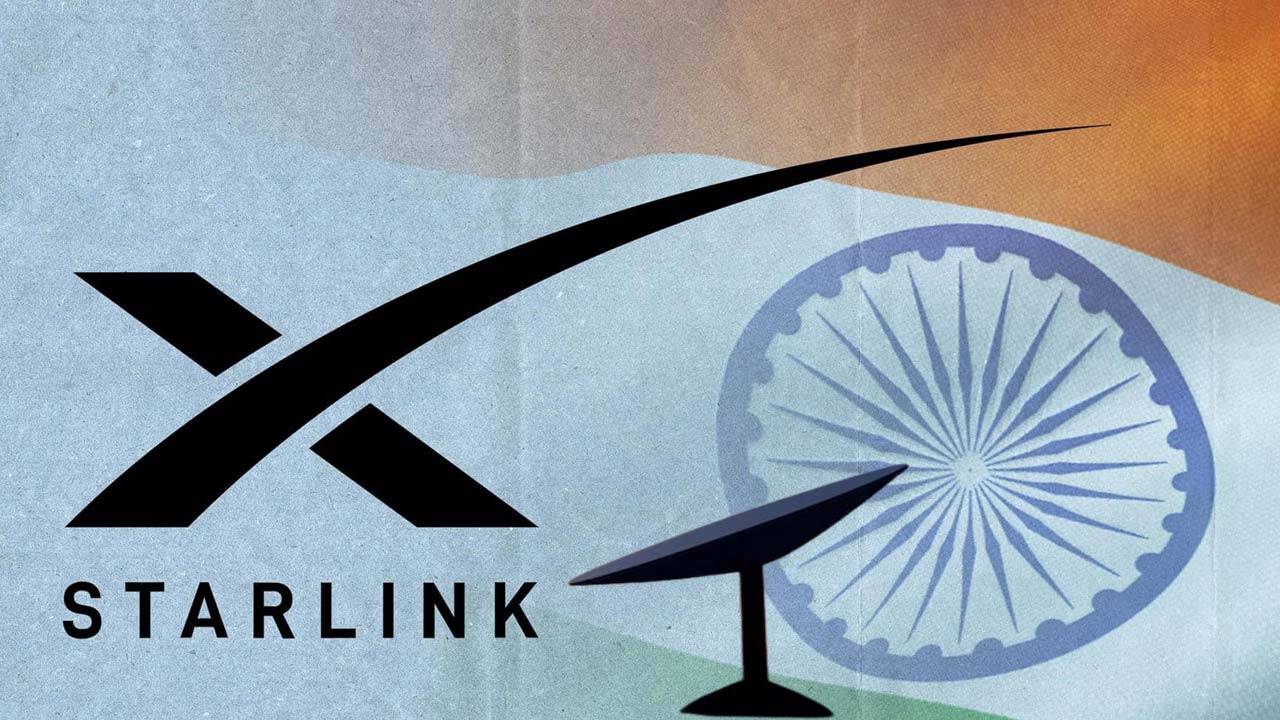
Starlink is currently working to obtain security clearance in India, a requirement that involves ensuring its data processing and storage happens locally and that its satellite signals are secure.
Elon Musk’s Starlink is pursuing a license to provide satellite broadband services in India and is expected to receive approval once it meets all necessary requirements, according to the telecom minister on Nov. 12.
Starlink has been aiming to enter the Indian market for years, gaining momentum last month when New Delhi announced it would allocate spectrum for satellite broadband through an administrative process rather than an auction – aligning with Musk’s preferences. Indian telecom tycoon Mukesh Ambani, however, had advocated for a spectrum auction.
On Nov. 12, Indian telecom minister Jyotiraditya Scindia confirmed that Starlink is in the process of meeting the security clearance requirements, including local data processing and secure satellite signals.
“When all conditions are met, the license is granted. If Starlink fulfills these, we’ll gladly approve,” Scindia stated during an event in New Delhi.
Gaining security clearance would bring Starlink closer to Musk’s vision of offering broadband services in India, where Reliance Jio, led by Ambani, dominates the wired broadband market with 14 million subscribers.
Ambani, Asia’s wealthiest person, already serves over 479 million telecom users in India. Having invested $19 billion in spectrum auctions, he is concerned that Musk’s entry into the satellite broadband space could lead to a shift in customer preference, potentially affecting both broadband and mobile services.
According to an informed source, Reliance Jio has already received the necessary security clearance to launch satellite broadband.
Starlink has indicated its commitment to comply with India’s security requirements, as per another source familiar with the developments.
Once security clearance is achieved, companies will still need to secure the required spectrum to initiate satellite broadband services.
Musk has employed bold strategies in the past, like in Kenya, where Starlink is priced at $10 per month, compared to $120 in the U.S., causing concerns among local telecom providers.




















